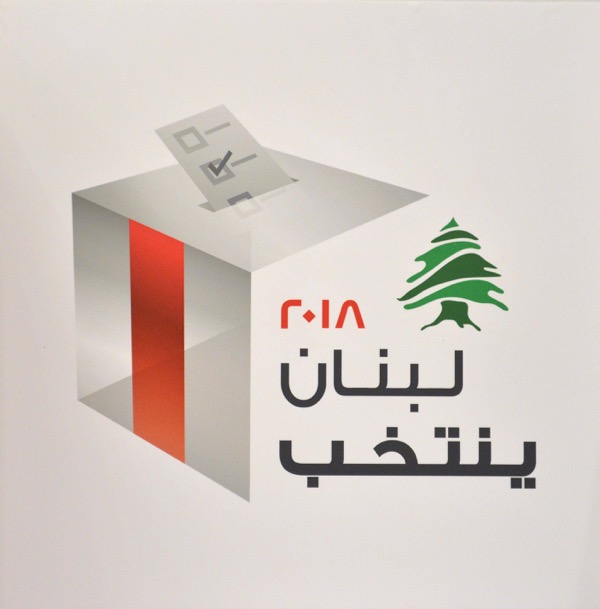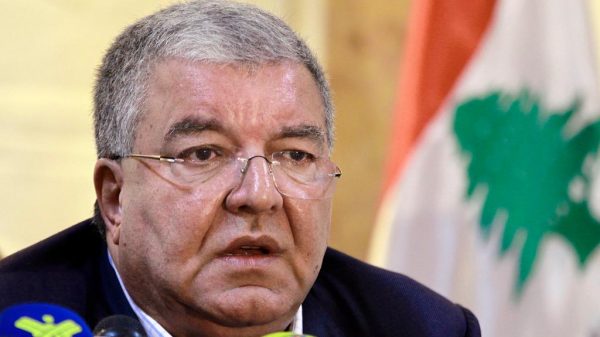 Lebanon has officially began accepting candidates for the upcoming general election, scheduled for May.
Lebanon has officially began accepting candidates for the upcoming general election, scheduled for May.
Lebanon’s Interior Ministry opened the so-called candidate registry on Monday, with one North Lebanon already filing his papers, according to local press reports.
Lebanon in December announced that it will hold its first legislative elections in nearly a decade on 6 May 2018.
Politicians had cited security concerns, political crises and a dispute over the election law for postponing the vote and twice-extending their terms, triggering protests.
Prime Minister Saad Hariri’s government agreed on a new election law in June but setting a date was held up while officials debated technical details and registered Lebanese citizens abroad. The law was then ratified by parliament.
More than 90,000 Lebanese citizens living abroad registered to vote in the country’s first ever parliamentary election that allowed non-resident citizens to vote from their country of residence.
Lebanese citizens abroad would be able to vote on 22 and 28 April, a first for the country.
The Lebanese diaspora population of 4 to 6 million likely outnumbers Lebanon’s domestic citizen population of just over 4 million, but only some 1.2 million diaspora members are thought to have maintained citizenship.
The elections will be held under a proportional voting system never used before in Lebanon, said The Daily Star.
Under this system, the number of seats won will be proportional to the percentage of votes won by a party, after sectarian quotas are factored in.
This could give a chance for groups from outside the traditional political club consisting of long-standing dynasties and sectarian parties to enter parliament, though critics remain pessimistic about the possibility of radical change.
Lebanon is ranked as partly free by Freedom House.
MASHNOUK
 In a statement marking the opening of registration, Interior Minister Nouhad al-Mashnouq called on those who will take part in electoral campaigns to “show a spirit of national responsibility and endorse a rhetoric based on rationality, moderation and respect of the other opinion.”
In a statement marking the opening of registration, Interior Minister Nouhad al-Mashnouq called on those who will take part in electoral campaigns to “show a spirit of national responsibility and endorse a rhetoric based on rationality, moderation and respect of the other opinion.”
And urging women to “turn out heavily in terms of nominations and voting so that they prove their electoral weight and enhance their national role,” Mashnouq said the electoral process will be “special.”
“It does not resemble the previous elections in the history of the Lebanese republic, ever since the State of Greater Lebanon was declared around 100 years ago,” the minister added.
He explained that the polls are unprecedented “not only because they come after nine years of waiting and several term extensions, but also because they are part of an unprecedented modernization and improvement process.”
Moreover, the minister noted that the elections will be characterized by several new elements: the new electoral law which for the first time in Lebanon’s history will be based on proportional representation; expat voting; and the inclusion of civil society representatives among the ranks of the Electoral Supervisory Commission.
He also reassured that “the elections will be held on time and this is a firm, definite and irreversible commitment.”
“Lebanon is on the correct democratic track,” Mashnouq added.
AL ARABY
Leave a Reply
You must be logged in to post a comment.